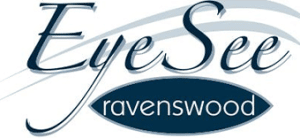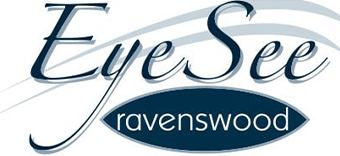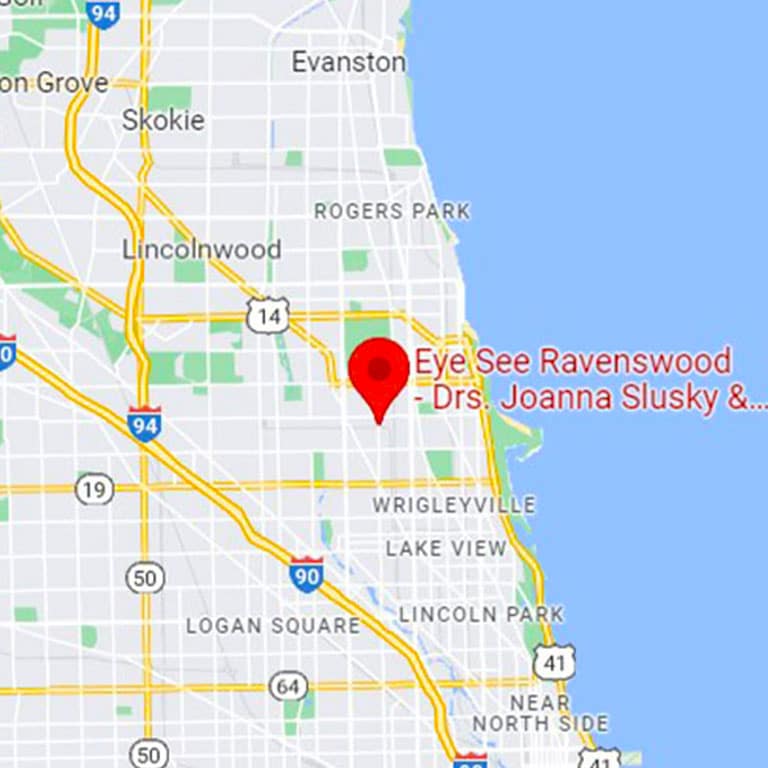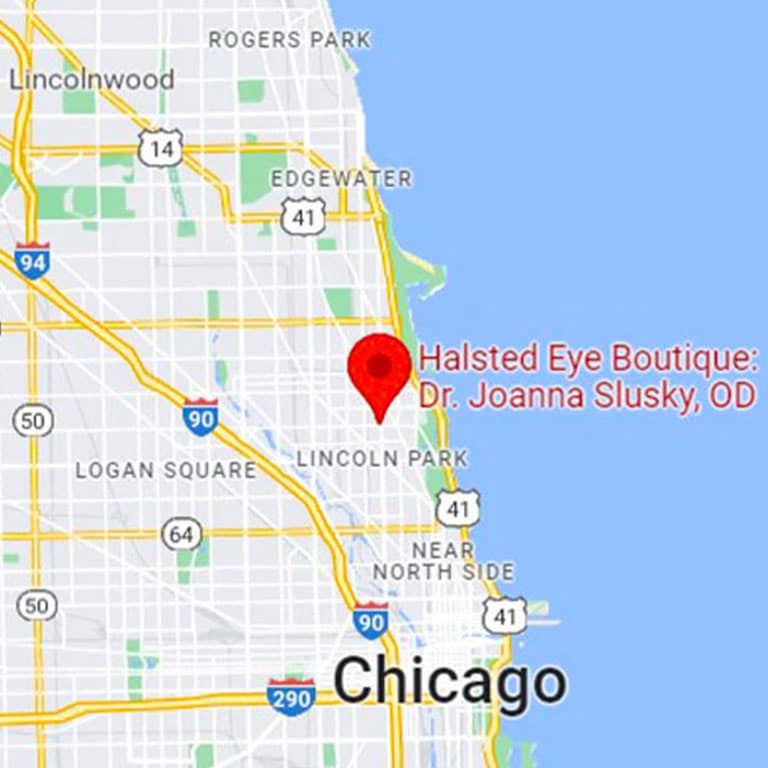Sunglasses

Blinded by the cheerful prospects of a sunny day, people often overlook the harmful effects of UV rays on your eyes. Dr. Andrea J. Stein emphasizes the use of sunglasses to protect your eyes from harm, and even irreversible damage. Once you schedule an appointment at her optometry practice, Eye See Ravenswood in Chicago, by calling or using an online booking tool, you can learn which type of sunglasses are best suited for you.
UV rays refer to the “ultraviolet,” electromagnetic radiation emitted by the sun. The spectrum of rays is invisible, leaving most people oblivious to the strength of UVA and UVB that enter their eyes. More than 99% of UV radiation is absorbed by the frontmost structure of your eyes, requiring great care and protection.
How do UV rays affect my eyes when unprotected?
Exposing your eyes to UV can cause damage, such as:
- A sunburn of the cornea
- Harm to your retinas
- Changes in your eye tissues
UV rays are also intense enough to form cataracts in your eyes, which occur when the proteins in your eyes become cloudy and opaque. Cataracts interfere with your daily life, such as inhibiting your:
- Night vision
- Reading vision
- Color vision
This condition cannot be treated and requires a surgical procedure.
How do sunglasses offer protection?
Glasses that offer at least 99% UV protection are most effective. Glasses labeled “UV 400” offer 100% eye protection and can block the tiniest UV rays. To protect your eyes from the glare of light, you will also need a sunglasses that block most sunlight, such as a pair with polarized lens.
What are polarized lenses?
Polarized lenses are designed to reduce glare from reflective surfaces. The reflection of light causes it to magnify, multiplying the potential for eye damage. Polarized lenses are coated with a chemical that acts as a filter and protects your eyes from harmful UV rays, while also providing clearer vision.
What types of glasses are available at Eye See Ravenswood?
At her optometry practice, Dr. Stein offers various sunglass options, including lenses that fit over your eyeglasses if you normally wear them, or prescription shades that darken in daylight.
What are other measures I should consider to protect my eyes?
There are other measures that can protect your eyes from UV rays further. A broad-brimmed hat, for example, functions as protection from direct sunlight. If you wear contact lenses, opt for lenses that offer UV protection. Wearing sunglasses in addition to contacts can provide optimum protection.




